A Treat of Coutinho (2019)
Genre : Documentary
Runtime : 1H 14M
Director : Josafá Veloso
Writer : Josafá Veloso
Synopsis
Would have one of the masters of Brazilian cinema always made the same film? From an encounter with documentarian Eduardo Coutinho recorded in 2012 and a vast amount of archive footage, this film offers a general look at Coutinho's work and testifies how the filmmaker’s thinking still stand the test of time to this day and age.

Julia Katharine, a Japanese-Brazilian trans woman, opens her door to the filmmaker. Before day breaks, she evokes her relationship with her parents, a young love that never was, her sleepless nights and her passion for cinema.

Bruno Aleixo was invited to write a biopic about his own life. Lacking ideas, he decided to ask his closest friends for inspiration. Reunited in a cafe, each of his friends suggests a different idea, more or less biographical.
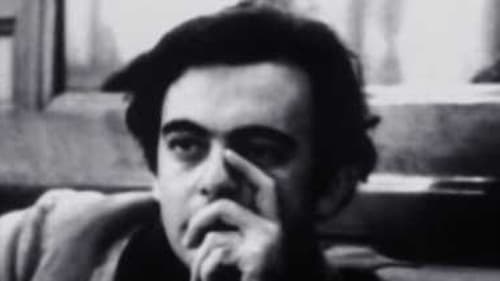
Documentary about Brazilian filmmaker Glauber Rocha, one of the most important names in the Cinema Novo, with interviews with some of his friends and colleagues.

Catarina Menezes is a bisexual TV reporter who decides to have a child on her own and chooses Spanish humanitarian doctor Rafael to father the child, setting up an elaborate charade to lure him into her bed. When Catarina reveals her pregnancy, though, her current live-in girlfriend doesn't take to it kindly and promises to make Catarina's life hell; to make matters worse, Rafael finds out her true identity and comes to Lisbon to see her. And Catarina's sole refuge is in the arms of fellow journalist Francisco, her professional relationship slowly becoming a romantic one.

“Once upon a time, before people came along, all the creatures were free and able to be with one another”, narrates the voiceover. “All the animals danced together and were immeasurably happy. There was only one who wasn’t invited to the celebration – the frog. In his rage about the injustice, he committed suicide.” Something Romani and frogs have in common is that they will never be unseen, or stay unnoticed. In her film, young director Leonor Teles weaves the life circumstance of Romani in Portugal today with the recollections of a yesterday. Anything but a passive observer, Teles consciously decides to participate and take up position. As a third pillar, she establishes an active applied performance art that becomes integrated in the cinematic narrative. Thereby transforming “once upon a time” into “there is”. “Afterwards, nothing will be as it was and the melody of life will have changed”, explains a voice off-camera. Golden Bear for Best Short Film 2016

On 17 May 1931, the young director Mário Peixoto released his masterpiece "Limite" in a premiere in Capitólio Theater in Rio de Janeiro to astonished audiences bewildered by the impressive and poetic images. Considered by many viewers the best Brazilian movie ever made, this feature has never been released commercially. However, in a great paradox, Mário Peixoto has never made any other movie. The director Sérgio Machado pays a great tribute to the life and work Mário Peixoto a.k.a. Maçarico by his close friends with this documentary, using his diary; footages of "Limite", the never concluded "Onde a Terra Acaba" (1933) and the short "O Homem do Morcego" (1980); and interesting testimonies of Olga Breno, Ruy Solberg, Nelson Pereira dos Santos and Walter Salles among others.

Bilike has never seen a ping-pong ball before. He and his family live without electricity and running water in a solitary tent home among the vast steppe grasslands. The magnificent landscape here has changed little since the days of Genghis Kahn. But life in the middle of nowhere can be exciting for a young boy. The smallest of details become big events for curious Bilike and his best friends Erguotou and Dawa. The mystery of the small white ball floating in the creek leads to questions about the world around them, as well as innocent mischief.

Four Third-World Christs try to stop the American industrialist John Brahms in Glauber Rocha's experimental film inspired by Pier Paolo Pasolini's murder.

Francisco, behave! I Know it's your birthday, you are thirty now, it's carnival, you've dressed as a cowboy for the school party and you are surrounded by kids you hate. But that's no reason to be so annoying... Francisco, repeat after me: "Up to your 30s you have the face God has given you. After that, you get the face you deserve".
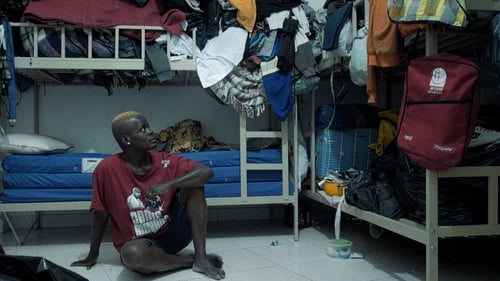
A gritty observation of precarious romance, debauchery, and heartbreak between addicts living in a São Paulo hotel.

Little Lana was 3 years old when she was abandoned alone in the zoo. Raised by a giraffe trainer, the zoo is the only world she knows. Until one day, a charming magician arrives and Lana finds her love, for she is ready to leave the zoo. Lana embarks on journey, until one day, she decided to go back to the place where she was abandoned.

Two magicians in Philadelphia practice their slight of hand tricks.
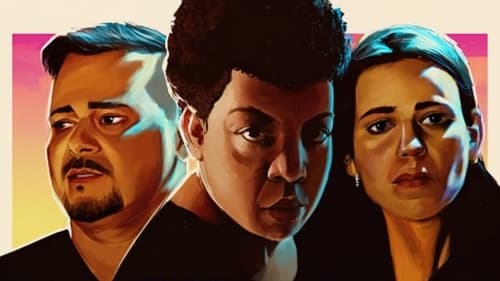
The inhabitants of the Brazilian city of Contagem yearn for a better life. At the core of it all is Selma, a woman dreaming about the heart of the world: it could be anywhere, as long as it's a place where to feel happier.

Despite his age and general weariness, Gebo keeps on working as an accountant to provide for his family. He lives with his wife, Doroteia, and his daughter-in-law, Sofia, but it is the absence of João, son and husband, that worries them.Gebo seems to be hiding something, especially to Doroteia, who is anxiously waiting to see her son again. Sofia is also waiting for her husband to come home, and yet she fears him. All of a sudden, João arrives and everything changes.

Linda is a young woman of Chinese heritage whose mother converted to Christianity after gaining some fame as a badminton player. Her friend Cahyono is tired of anti-Chinese prejudice and now tells people he’s from Japan. Together, they try to make sense of their place in the Indonesian society.
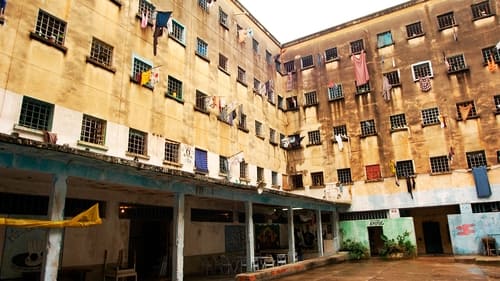
In 2002, the greatest prison in Latin America, Complex Carandiru, was demolished. A couple of months before its implosion, director Paulo Sacramento trained some inmates and together with his crew, they produced many hours of footage, showing daily life in prison.

An opera ballet that doesn't exist. A ghost-like piece, played in Opera Bastille and danced at Opera Garnier. An almost mystical link between both scenes. A musician is testing sounds in Bastille's pit. The choir are taking their place in the rehearsal studio. Both sides are fine tuning the work in progress of an opera ballet: Sarah Winchester, her grief, her madness, her home and her ghosts.
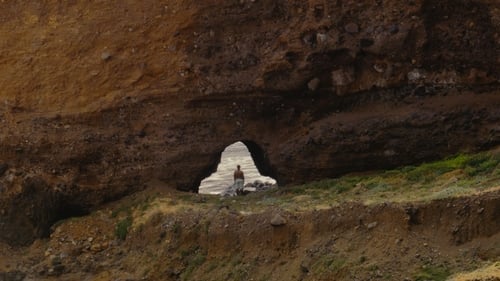
Miguel —alias Tibars, alias “Djon África,” born and raised in Portugal— is a kindhearted Rastafarian who loves women and lives a carefree life. Until one day a stranger tells him he's the spitting image of his father, “a player and a crook.” His father, whom he never even knew! This intriguing discovery makes him change tack. Particularly when his grandmother, who always took care of him, finally tells him how his father was in prison; how sad Miguel was as a toddler when he couldn't see him; how his father was banished to Cape Verde. Miguel goes there to visit him. Who is this man?

When numerous schools in São Paulo were slated to be closed in 2015 as a result of the worsening socio-political crisis, students occupied more than a thousand public buildings in an unprecedented act of self-empowerment. Filmmaker Eliza Capai shows the development of the many-voiced protests, using news excerpts, self-conducted interviews and recordings made with activists’ own cell phone cameras. From the first demonstrations in 2013 and continuing all the way to the election of the extreme right-wing presidential Jair Bolsonaro in 2018, Capai’s highly political work becomes more and more relevant with each passing day.

One night, a group of workers realises that the administration is stealing machines and raw materials from their own factory. As they organize to survey the equipment and block the relocation of production, they are forced to stand at their posts with no work to do, as a form of retaliation, while negotiations over general lay-offs take place. The pressure leads to a breakdown of the workers along with the world around them.


















